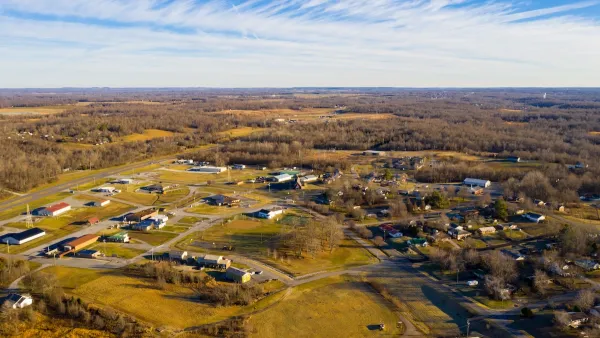Fraud, violence, death, and chaos follow a billion dollar investment in a temporary solution that is proving ineffective.

With over one billion dollars spent since 2018, homeless shelters in California are proving “deadlier than jails,” according to an in-depth investigation by CalMatters, in association with the Associated Press. After the full investigation was released on February 25, AP summarized the seven top findings. According to the AP’s Lauren Helper, California’s temporary shelters have become a “housing purgatory” with dangerous conditions, where people often don’t get the help they need to find long-term housing.
The seven key findings of the report, also authored by Helper, include:
- 1. “Local and state officials bet big on shelters” as the default answer to homelessness, especially after the Supreme Court’s blessing to ban sleeping outside. The number of emergency beds in California has doubled since 2018 and is still only enough to serve a third of the homeless population.
- 2. “Shelters are deadlier than jails” with annual shelter deaths tripling between 2018 and 2024.
- 3. “Inside shelters, chaos frequently breaks loose” with everything from black mold to hired security guards committing sex crimes.
- 4. “Fewer than 1 in 4 people who cycle through shelters move into a permanent home,” opening questions about the efficacy of the model as it relates to the stated goal.
- 5. “Scandals have plagued fast-growing shelter operators” bringing in millions of dollars while undergoing accusations of fraud, violence, sexual misconduct and more.
- 6. “Local and state oversight is failing” with cities and counties ignoring laws that require them to report on problematic conditions.
- 7. “Experts say there are several potential solutions” like direct rent assistance, specialized sober living options, and several other programs intended to permanently end homelessness.
Read AP’s summary, which links to the full investigation, below.
FULL STORY: 7 takeaways from our investigation into California homeless shelters

Maui's Vacation Rental Debate Turns Ugly
Verbal attacks, misinformation campaigns and fistfights plague a high-stakes debate to convert thousands of vacation rentals into long-term housing.

Planetizen Federal Action Tracker
A weekly monitor of how Trump’s orders and actions are impacting planners and planning in America.

In Urban Planning, AI Prompting Could be the New Design Thinking
Creativity has long been key to great urban design. What if we see AI as our new creative partner?

King County Supportive Housing Program Offers Hope for Unhoused Residents
The county is taking a ‘Housing First’ approach that prioritizes getting people into housing, then offering wraparound supportive services.

Researchers Use AI to Get Clearer Picture of US Housing
Analysts are using artificial intelligence to supercharge their research by allowing them to comb through data faster. Though these AI tools can be error prone, they save time and housing researchers are optimistic about the future.

Making Shared Micromobility More Inclusive
Cities and shared mobility system operators can do more to include people with disabilities in planning and operations, per a new report.
Urban Design for Planners 1: Software Tools
This six-course series explores essential urban design concepts using open source software and equips planners with the tools they need to participate fully in the urban design process.
Planning for Universal Design
Learn the tools for implementing Universal Design in planning regulations.
planning NEXT
Appalachian Highlands Housing Partners
Mpact (founded as Rail~Volution)
City of Camden Redevelopment Agency
City of Astoria
City of Portland
City of Laramie





























